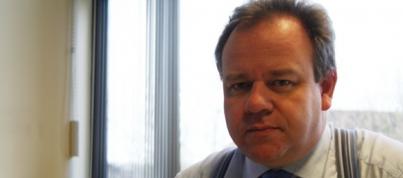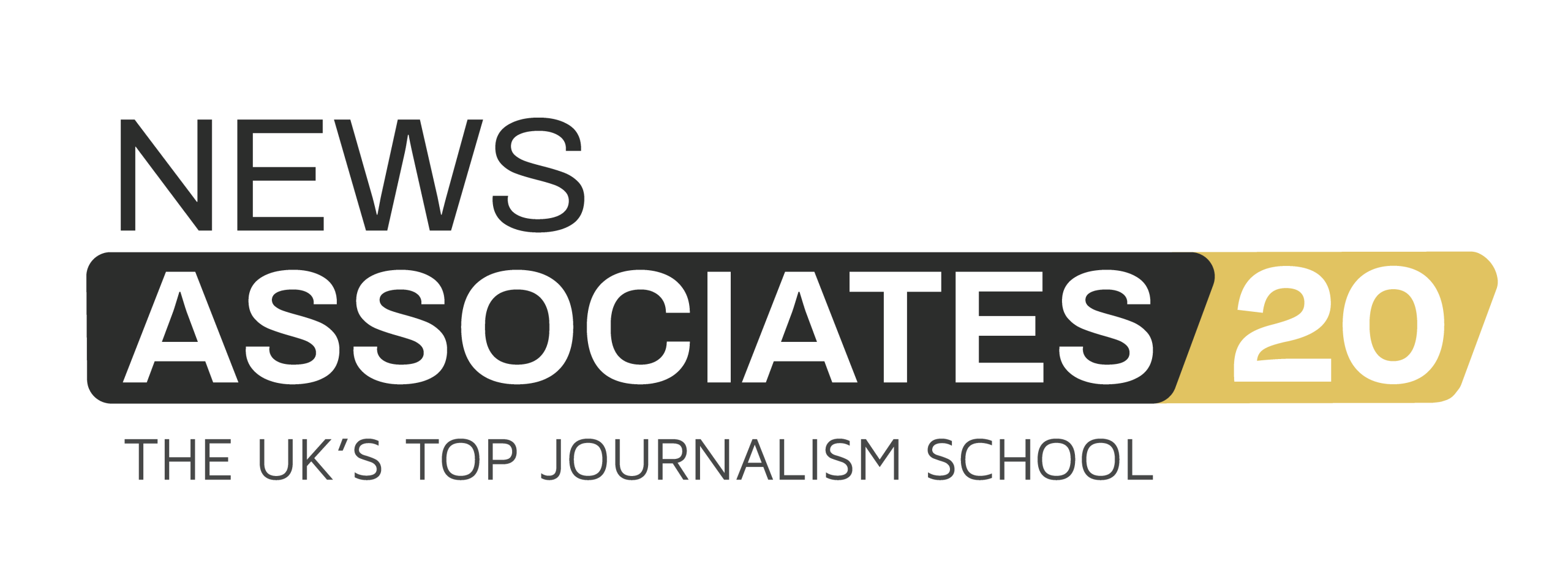Anthony Longden Column: The predictive news report and biting the hand that feeds you

The way in which some stories are tackled turn out to be here-today-gone-tomorrow trends, while others become embedded in convention.
Journalese, ugly Americanisms and hackneyed copy are bad enough, but for a while now we have had something quite different: the predictive ‘news’ report.
This is simply a story about something that has not yet happened. Invariably, the thing that hasn’t yet happened is rendered in considerable detail.
We’ve all heard or read these reports. The Prime Minister will today urge business leaders… the Home Secretary will tomorrow warn police… The Daily Telegraph lead of May 21, 2014 is an example.
Under the headline ‘Osborne: UKIP is a threat to economy’, the copy runs like this: “Britain’s status as an open free market economy is at risk for the first time in a generation, George Osborne will warn today.
“Business leaders must speak up for the free market and free trade or risk seeing the country slide into an ‘anti-business’ era of high taxes, regulation and trade barriers, the Chancellor will say.
“Mr Osborne will tell the CBI that the prospect of a Labour government and the rise of the UK Independence Party both threaten the British ‘consensus’ that governments should try to stay out of markets and help companies to do business.”
The Telegraph also feels able to predict the actions of the CBI president. “At the same event, Sir Mike Rake, the CBI presidents will say that political uncertainty is the biggest threat to the economic recovery.
“Sir Mike will warn that the uncertainty over the general election and the European and Scottish referendums are placing foreign investment in jeopardy.”
The BBC was at it the night before, with items devoted to what the Chancellor ‘will say’. In using this device, political journalists are servicing their sources’ particular – usually political – agendas, playing along with the conceit.
A few years ago, ministers in the Blair government kept getting into trouble for announcing policy to outside interests and audiences before they had told parliament.
And so the ruse of releasing what the minister ‘will say, but absolutely hasn’t yet’ was dreamed up.
Of course the politicians love it. They are enabled by reporters’ complicity and compliance to take the initiative and create a news agenda in their own image. And they get two bites of the news cherry.
There is nothing wrong with commentators and columnists previewing an announcement, speculating on its content, predicting its impact and analysing its hidden messages.
Running a predictive news story, however, makes the reporter a hostage to fortune as well as a collaborator.
Think back to the Daily Telegraph story. Consider how events could interrupt that narrative. Things might actually happen between the paper going to press and the speech being given.
The chancellor could be taken ill and there is no speech. He could be forced to rewrite in reaction to changing events. Sir Michael Rake could be indisposed so a stand-in makes a different speech on his behalf.
The venue burns down and the event is cancelled. Running a story in this way on a speech that has yet to be made is not an objective act.
It reveals rather too nakedly the extent and success of politicians’ spoon-feeding. Everyone seems to be doing it, and therein lies the rub. No one dare break the convention for fear of appearing to have missed the story that wasn’t… yet.
The 2015 general election will be dirty and the main political parties will have everything to play for.
The phoney war of the next 10 months will place intense pressure on political journalists.
But this should be a stimulating and rewarding time for them. It can be both if reporters are willing – and given the freedom – to resist the convention and turn away from the hands that feed them.
••••••
‘Named locally’
Still on the subject of spoon-feeding, or the lack of it, I wish crime reporters would liberate themselves from the compulsion to hide behind the cop-out line: Joe Bloggs was ‘named locally’.
What this really means is the police have refused to release the details (no change there, in the case of many forces) and the reporter lacks the professional confidence to run with the name he or she has secured through dint of good old-fashioned digging, checking and verifying.
The decision is simple: if you are not sure of the name, don’t run it; if you are sure, do. You do not need a police officer’s permission.
••••••
[Having recourse to] square brackets
The Guardian, Independent and one or two others persist in their use of ugly and disruptive square brackets in copy in order to shoe-horn a disembodied half-quote into a story.
You can do perfectly well without them – it just means you have to ask a few more questions until you get the quote you need.
And Finally…
“How is the world ruled and how do wars start? Diplomats tell lies to journalists and then believe what they read.” Karl Kraus (1874-1936), Austrian satirist
* Anthony Longden advises News Associates on journalism ethics and has been a journalist for 30 years, 20 of them spent as an editor and senior editorial executive in various regional companies in the UK, including Newsquest, Trinity Mirror, Southnews, Argus and Westminster Press.
He has been a member of the Society of Editors’ Parliamentary and Legal Committee since 1999, lobbying on behalf of the media industry across a wide range of issues. Most recently he helped draft several of the Society’s modules of evidence for the Leveson inquiry.
He completed a three-year term as an editorial member of the Press Complaints Commission in September 2012, and sat on its reform sub-committee. Now a consultant and journalist, he advises the SoE, the PCC during its transition phase, and Alder Media, a London-based crisis PR firm. He is also a judge for the annual UK Regional Newspaper Awards.


